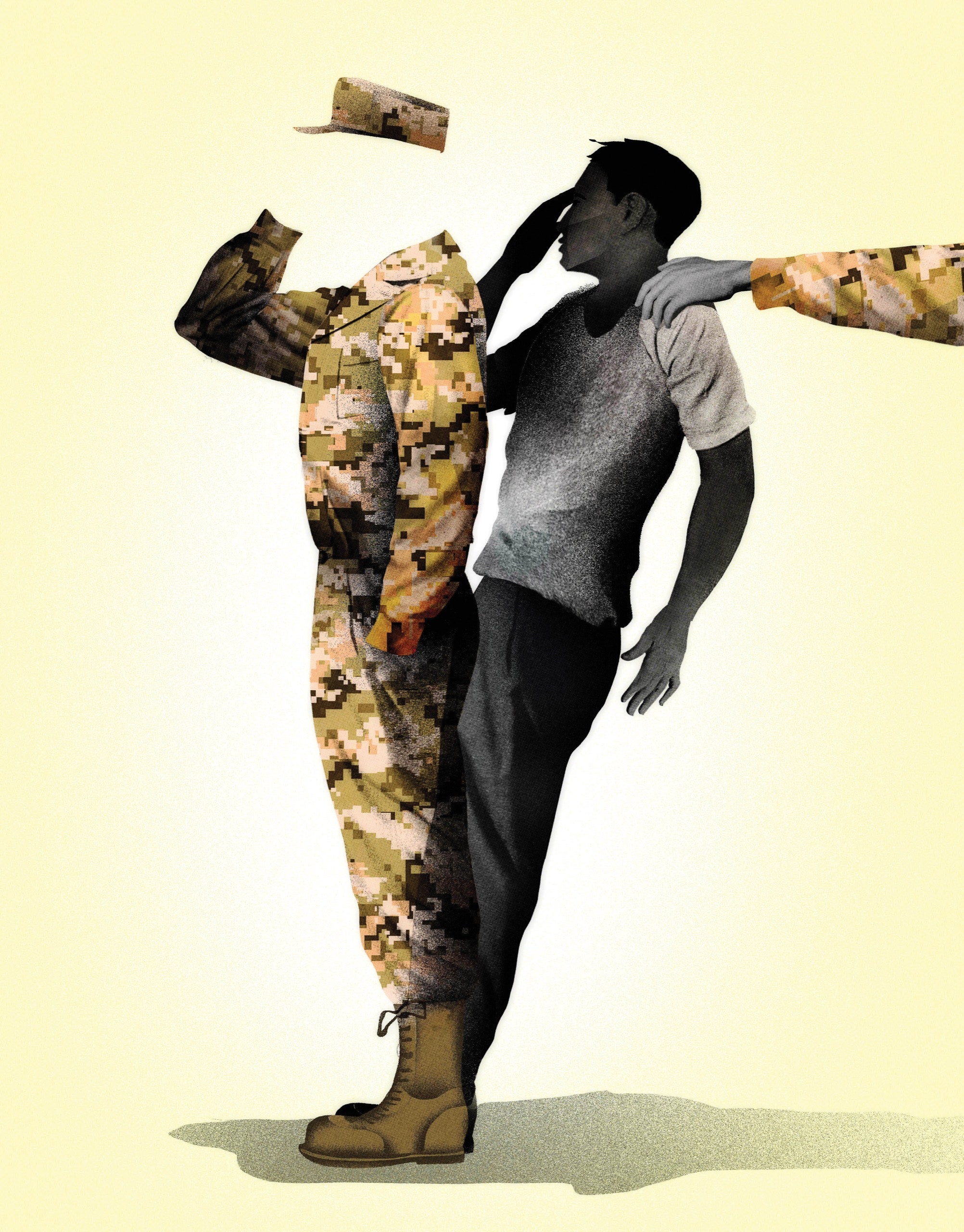
When I was a cadet at the Air Force Academy, and a new class entered one year in the fall, there was one 4th classman (freshman) who stood out. He showed up with about two rows of ribbons on his uniform. By comparison, the rest of us normally had two total — the National Defense medal (which went to everyone serving at that time) and the Marksmanship ribbon. He came to us with prior service and a tour in Vietnam (I don’t remember if it was Army or Marines) and the ribbons represented the medals he had won. We were all entranced by the exciting combat stories he told.
Then one of the officers, wondering if he had received all the medals he was entitled to, did some checking, and was surprised to find that his service record didn’t show any awards! His riveting war stories of valor and the resulting medals were all figments of his imagination. Of course, that swiftly ended his Academy tenure, especially important in an institution with a strict honor code.
I dug this story out of the recesses of my memory when I found the article “How to Spot a Military Impostor” by Rachel Monroe in the October 26, 2020 issue of The New Yorker magazine (https://www.newyorker.com/magazine/2020/10/26/how-to-spot-a-military-impostor?). Veterans exaggerating their wartime exploits is certainly nothing new — George Washington wrote “Should any who are not entitled to these honors have the insolence to assume the badges of them they shall be severely punished” about the decorations he awarded — but unfortunately people claiming military honors they never earned now seems to be even more of a problem with the popularity of social media. This is doubly true for candidates running for public office.
But there is recourse. A number of websites investigate dubious claims. On is Military Phonies (https://militaryphony.com/), which exists to “provide a service by which suspected cases of Stolen Valor and other acts of misconduct unbecoming honorable military service may be reported, investigated, and made public.” If provided sufficient information, they will investigate claims about military service, although its also completely unacceptable to them to make unfounded accusations about a veteran.

One long-time investigator is Texas stockbroker and Vietnam veteran B.J. Burkett, who in 1998 self-published the book Stolen Valor: How the Vietnam Generation Was Robbed of Its Heroes and Its History with investigative journalist Glenna Whitley. The book covers a lot of ground — that P.T.S.D. was an overdiagnosed condition invented by antiwar leftists, that accusations of war crimes in Vietnam were overstated — in its almost seven-hundred pages, but the big attention-getter was his exposure of military fakers.
The law on this matter is not as definitive as you might think. Merely lying about your military service, no matter how outrageous, has been ruled an issue of free speech. But it is illegal to wear medals and otherwise make false claims of service to obtain money or some other tangible benefit, making this a matter of fraud.
So if you’re seeing something on social media that sounds unusual — a tour of duty with combat wounds, a medal that is rarely awarded, an honor that doesn’t exist (there is no Sniper Badge) — and you think “somebody should investigate that,” somebody will.
